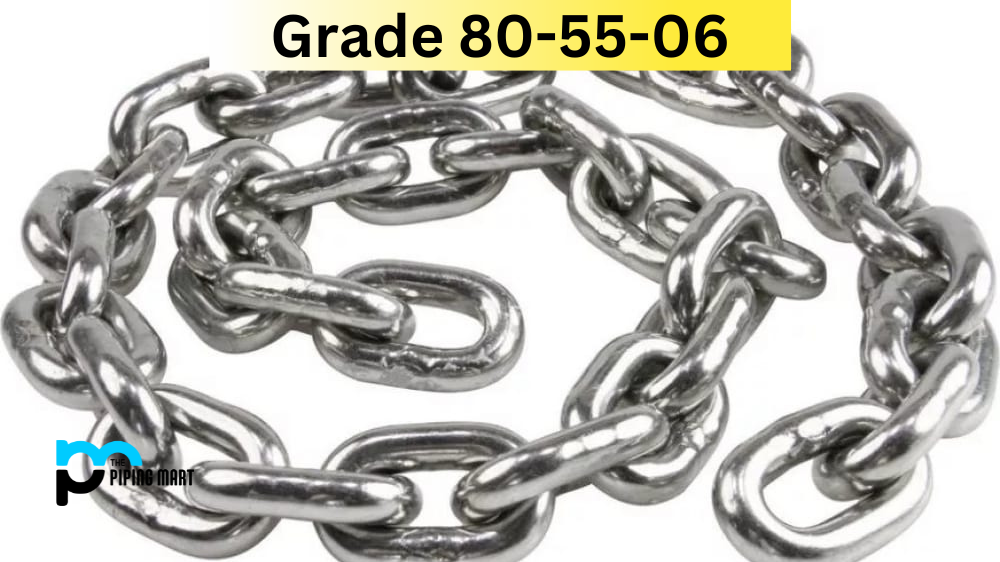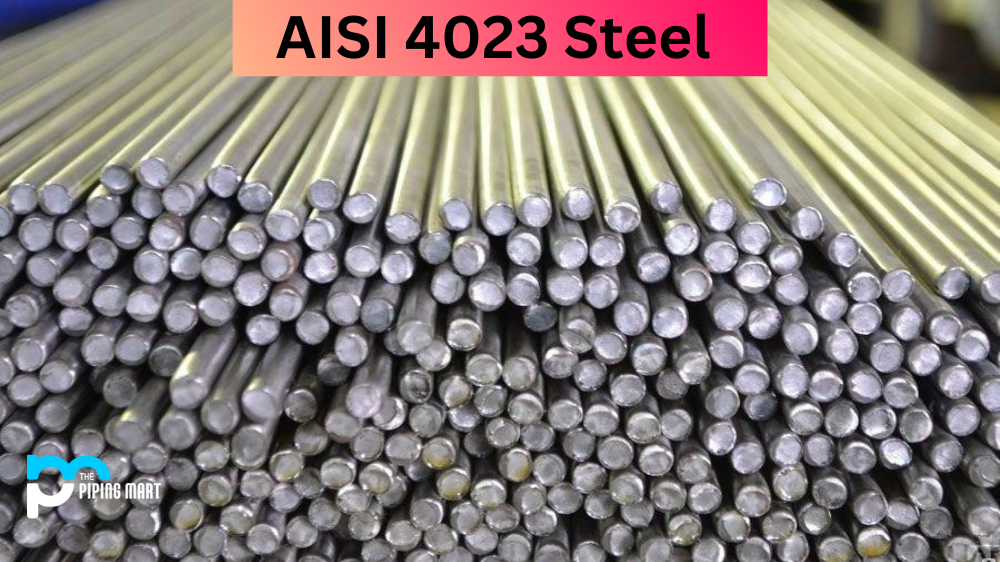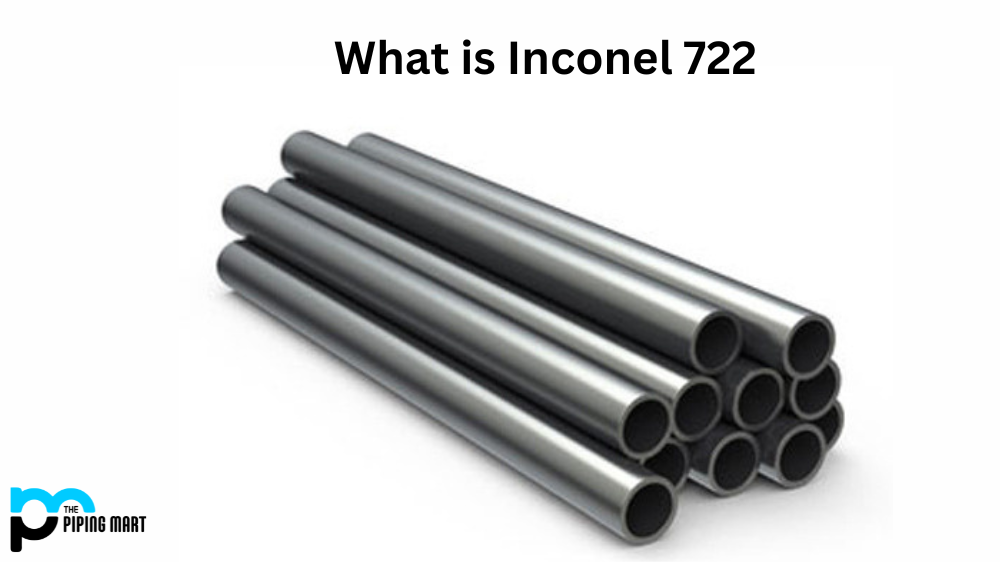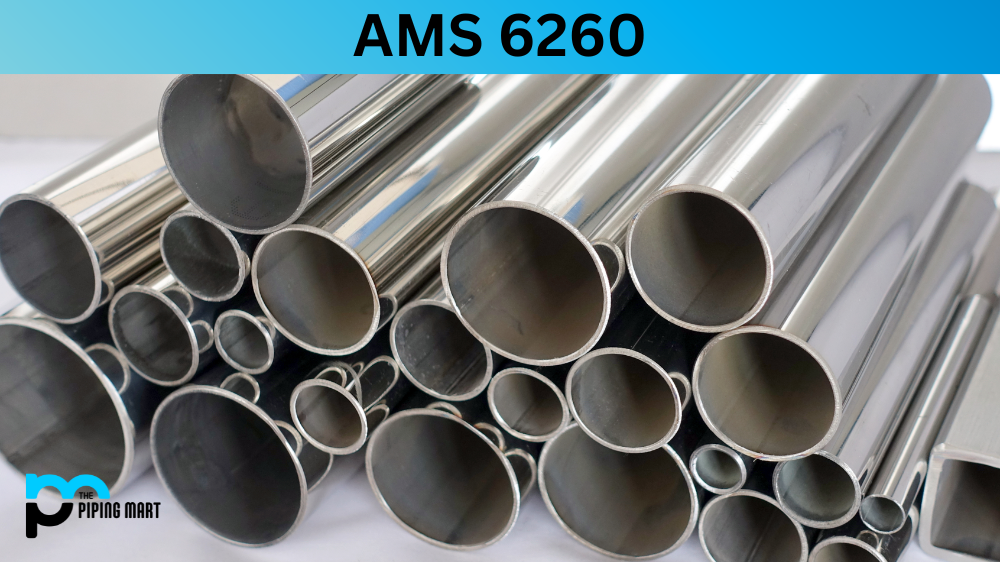If you are in the manufacturing or engineering industry, you may have heard of grades 80-55-06. It is a popular grade of ductile iron highly valued for its strength, durability, and heat resistance. But what exactly is grade 80-55-06? In this blog post, we will explore the various aspects of this material, including its composition, physical and mechanical properties, hardness, heat treatment, and uses.
Grade 80-55-06 Composition
Grade 80-55-06 is a type of ductile iron that is primarily composed of iron (Fe) and carbon (C), with additional amounts of silicon (Si), manganese (Mn), sulfur (S), phosphorus (P), and other trace elements. The specific composition of grade 80-55-06 is as follows: 3.50-3.90% carbon, 2.20-2.80% silicon, 0.20-0.50% manganese, 0.025% maximum sulfur, 0.04% maximum phosphorus, and other trace elements. This composition gives the material unique characteristics, such as its ability to resist corrosion, wear, and fatigue.
| C | Mn | Si | Cr | Ni | Cu | Mg | |
| Min% | 3.4 | 2.35 | 0.025 | ||||
| Max% | 3.8 | 0.4 | 2.75 | 0.08 | 0.5 | 0.6 | 0.055 |
Grade 80-55-06 Physical Properties
Regarding physical properties, grade 80-55-06 has a 7.15 g/cm3 density, a melting point of 1140-1200°C, and a thermal conductivity of 28-35 W/m.K. It is also known for its excellent machinability, which allows it to be easily shaped and formed into various parts and components.
| Density | 0.253 lb/in3 |
| Ultimate Tensile Strength | 85 ksi |
| Yield Tensile Strength | 58 ksi |
| Shear Modulus | 9,300 ksi |
| Shear Strength | 72 ksi |
| Hardness Rockwell | Brinell | B90-102 | 187-255 |
| Elongation at Break Percentage | 9% |
| Reduction of Area | 3% |
| Modulus of Elasticity | 24,000 ksi |
| Poisson’s Ratio | 0.31 |
| Machinability Percentage | 100% |
| Melting Point | 2,050-2,120 °F |
| Specific Heat | 1.2 x 10^-1 BTU/lb-°F |
| Thermal Conductivity | 168 BTU-in/hr-ft^2-°F |
| Electrical Conductivity | 7.4% IACS |
Grade 80-55-06 Mechanical Properties
Regarding mechanical properties, grade 80-55-06 has a high tensile strength of 800-1000 MPa, yield strength of 550 MPa, and an elongation of 6-25%. It can also withstand high temperatures, with a maximum service temperature of up to 400°C. These properties make grade 80-55-06 suitable for various automotive, aerospace, and mining applications.
| Mechanical Properties | |
|---|---|
| Tensile strength psi (min) | 80,000 |
| Yield strength psi (min) | 55,000 |
| Elongation (min) | 6% |
Grade 80-55-06 Uses
grade 80-55-06 is commonly used in industries that need a strong, durable, and fatigue-resistant material. It is often used in construction, automotive, and heavy equipment manufacturing. In construction, grade 80-55-06 can be found in structural components like I-beams or bridges. In the automotive industry, it’s used for engine parts like crankshafts and connecting rods. Heavy equipment like bulldozers and excavators also rely on grade 80-55-06 for their tough outer shells.
Grade 80-55-06 Hardness
The grade 80-55-06 is well-known for its high hardness, measured on the Rockwell C (HRC) scale. The hardness of the material can range from 22 HRC to 33 HRC depending on the heat treatment process. The high hardness of grade 80-55-06 makes it ideal for applications where durability and wear resistance are essential, such as gears, bearings, and engine components.
Grade 80-55-06 Heat treatment
Heat treatment is an essential part of the manufacturing process for grades 80-55-06. This process involves heating the material to a specific temperature and then cooling it down in a controlled manner to achieve the desired hardness and strength. Austempering is the most common heat treatment process for this type of ductile iron, which involves quenching the material in a salt bath to achieve a bainitic microstructure. Other heat treatment processes may be used, including tempering, normalizing, and annealing.
Conclusion:
In conclusion, grade 80-55-06 is an excellent material that offers various industries a wide range of benefits. Its unique composition, physical and mechanical properties, high hardness, and heat resistance make it highly valued among manufacturers and engineers. By understanding the different aspects of this material, you can make informed decisions about its use in your specific applications. Whether you want to improve the durability of your engine components or increase the resistance of your gears, grade 80-55-06 may be the ideal solution for your manufacturing needs.




